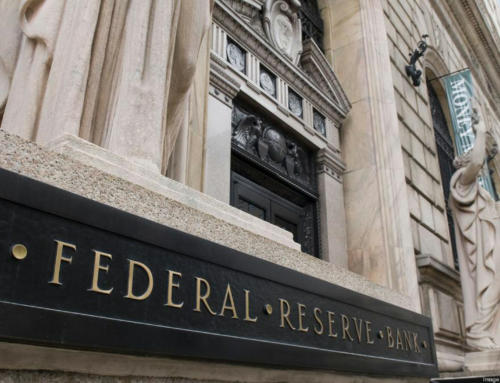My unsecured creditor received a judgment against me and placed a lien on my property. Can I get rid of the judgment lien under bankruptcy?
When unsecured creditors (i.e. credit card company, medical provider) file a lawsuit and receive a judgment against you, they can file a lien or a “Writ of Fieri Facias” on your real and personal properties. If you own a house, the creditor can file a lien specifically on your house. Once the lien is filed, that unsecured debt changes status and becomes a secured debt. This means that your once credit card debt will be treated exactly like a mortgage or a home equity loan. This is very significant when you file a bankruptcy case. If you ignore this lien and treat the debt as an unsecured debt under your bankruptcy case, the debt will be discharged so that they cannot pursue you for the debt after filing, but the lien will survive the bankruptcy discharge. Thus, once you receive a discharge on your case, the lien will still be valid on your property and will have to be paid if you decide to sell or refinance your house. It is very important to let your attorney know that you have a judgment against you and to check for any liens on your properties. If there is a lien, your attorney should file a “Motion to Avoid Lien” in your bankruptcy case, whether it be a Chapter 7 or a Chapter 13 case, in order to make sure that the lien and the debt is fully discharged at the end of your case.
#judgments #liens #bankruptcy #ch7bankruptcy #ch13bankruptcy #georgia #atlanta #marietta #bankruptcylawyer #bankruptcyattorney







